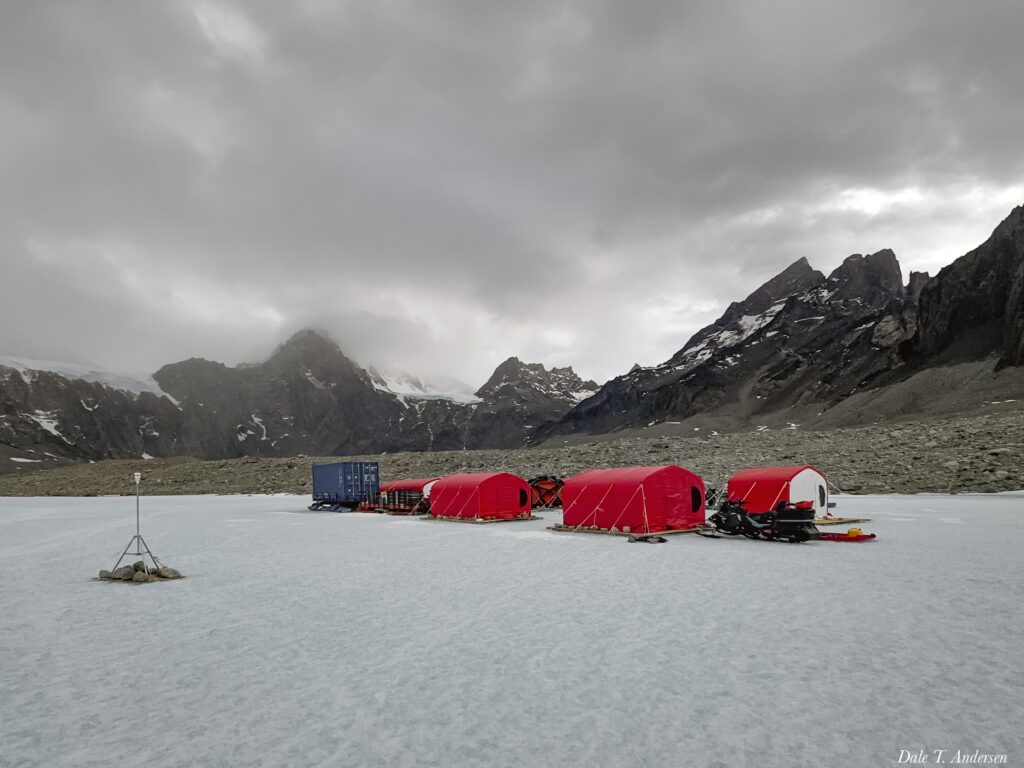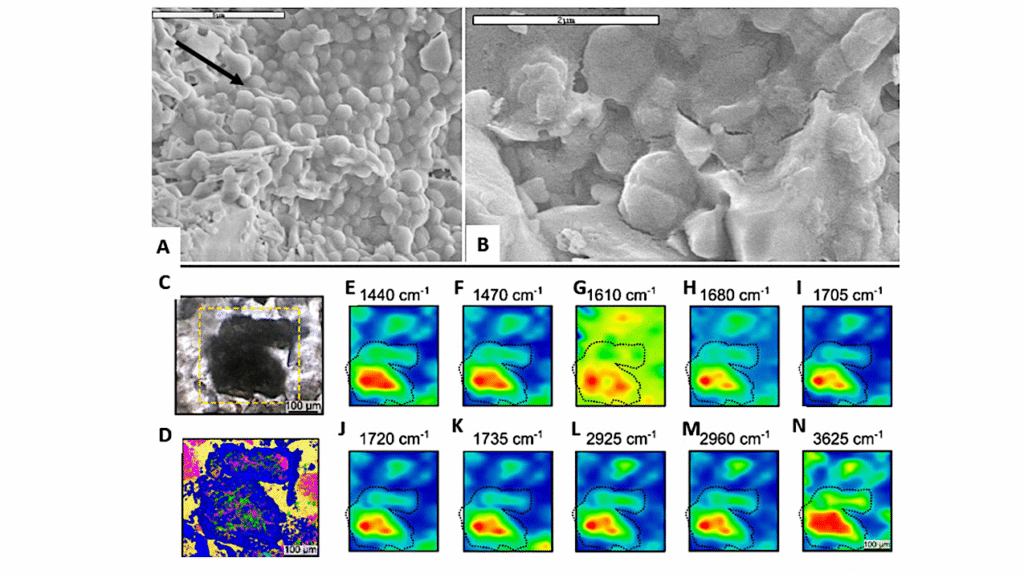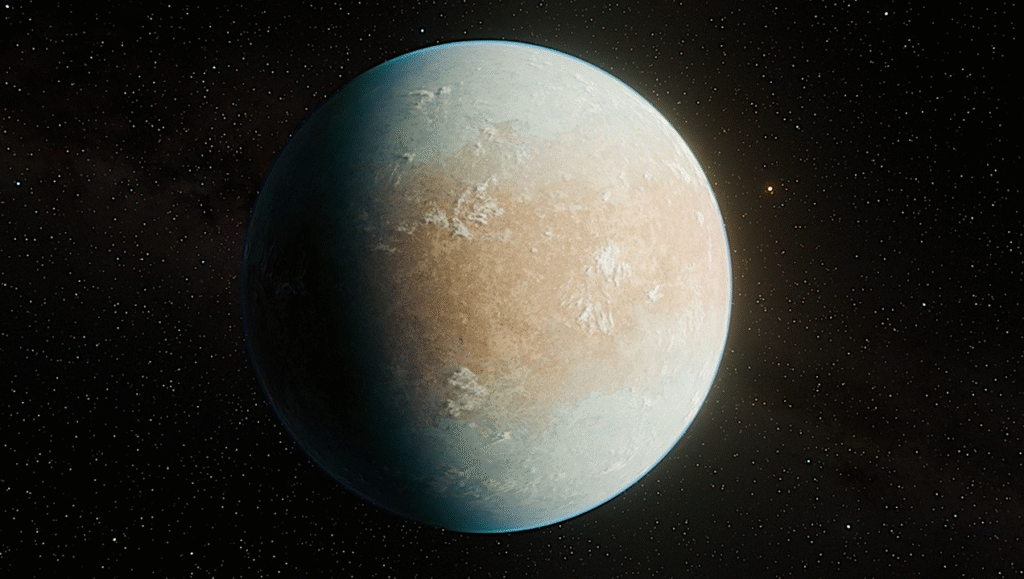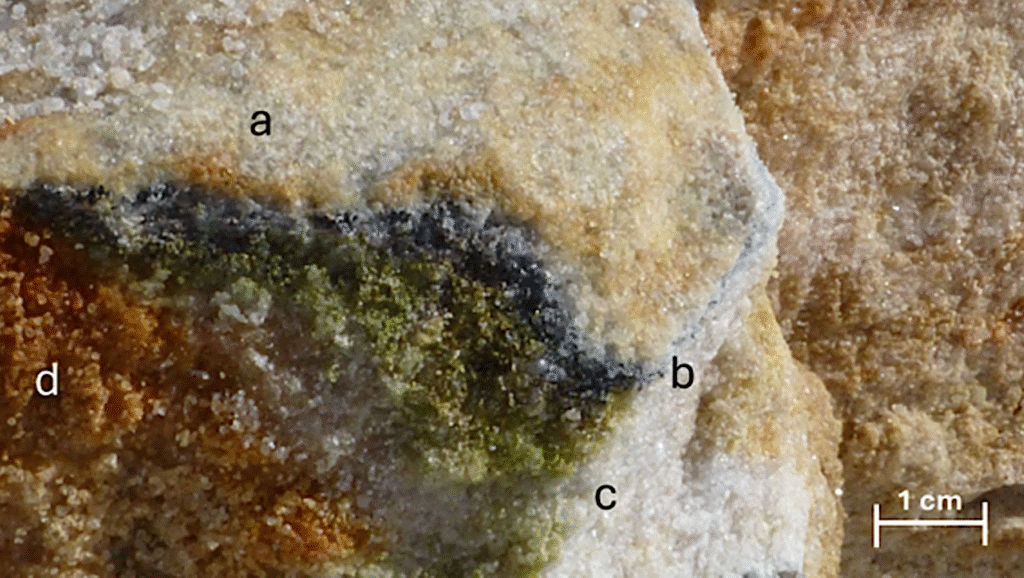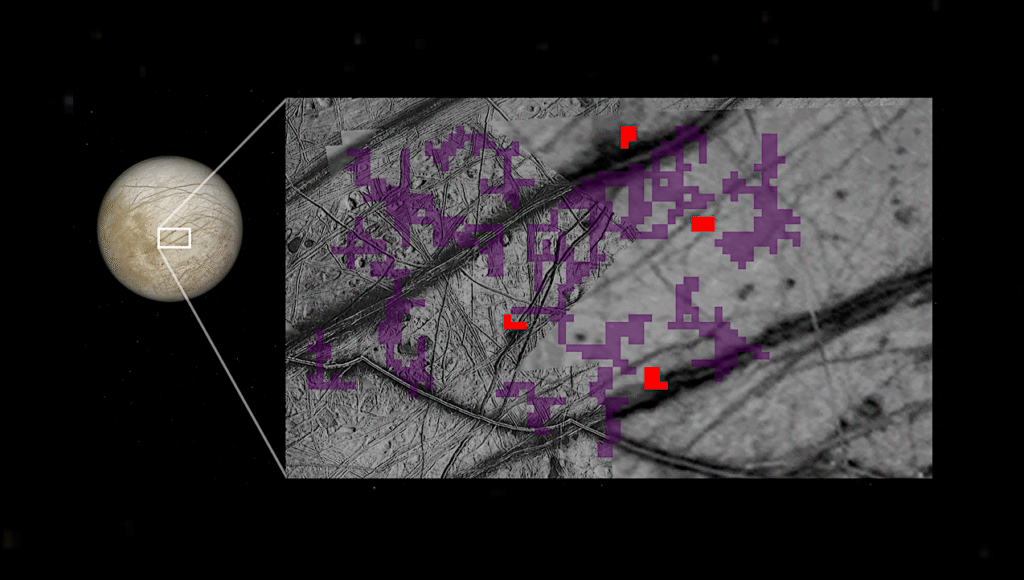No Snowball on Habitable Tidally Locked Planets with a Dynamic Ocean

Terrestrial planets orbiting within the habitable zones of M-stars are likely to become tidally locked in a 1:1 spin:orbit configuration and are prime targets for future characterization efforts.
An issue of importance for the potential habitability of terrestrial planets is whether they could experience snowball events (periods of global glaciation). Previous work using an intermediate complexity atmospheric Global Climate Model (GCM) with no ocean heat transport suggested that tidally locked planets would smoothly transition to a snowball, in contrast with Earth, which has bifurcations and hysteresis in climate state associated with global glaciation.
In this paper, we use a coupled ocean-atmosphere GCM (ROCKE-3D) to model tidally locked planets with no continents. We chose this configuration in order to consider a case that we expect to have high ocean heat transport. We show that including ocean heat transport does not reintroduce the snowball bifurcation. An implication of this result is that a tidally locked planet in the habitable zone is unlikely to be found in a snowball state for a geologically significant period of time.
Jade H. Checlair, Stephanie L. Olson, Malte F. Jansen, Dorian S. Abbot
(Submitted on 14 Oct 2019)
Comments: Accepted at ApJL Sept 25 2019
Subjects: Earth and Planetary Astrophysics (astro-ph.EP)
Cite as: arXiv:1910.06285 [astro-ph.EP] (or arXiv:1910.06285v1 [astro-ph.EP] for this version)
Submission history
From: Jade Checlair
[v1] Mon, 14 Oct 2019 17:12:43 UTC (12,485 KB)
https://arxiv.org/abs/1910.06285
Astrobiology


